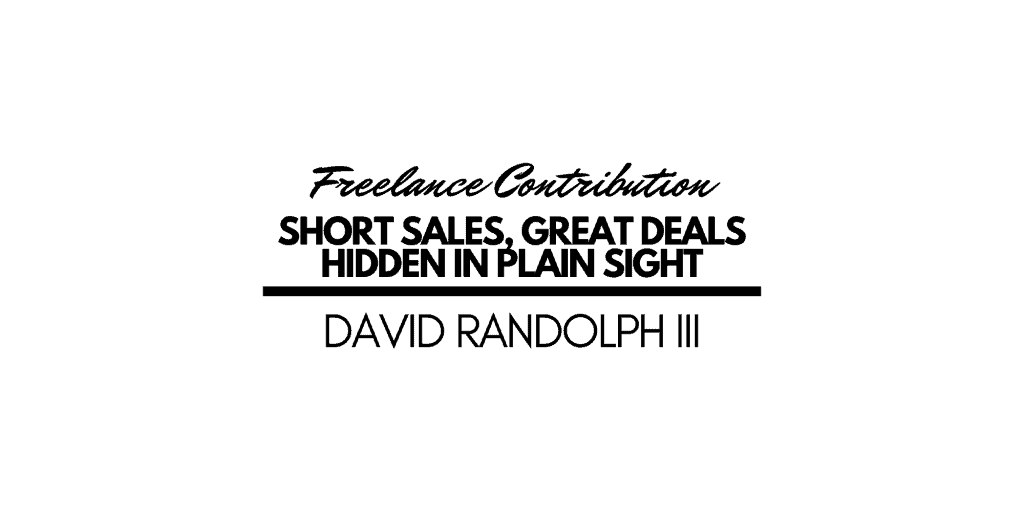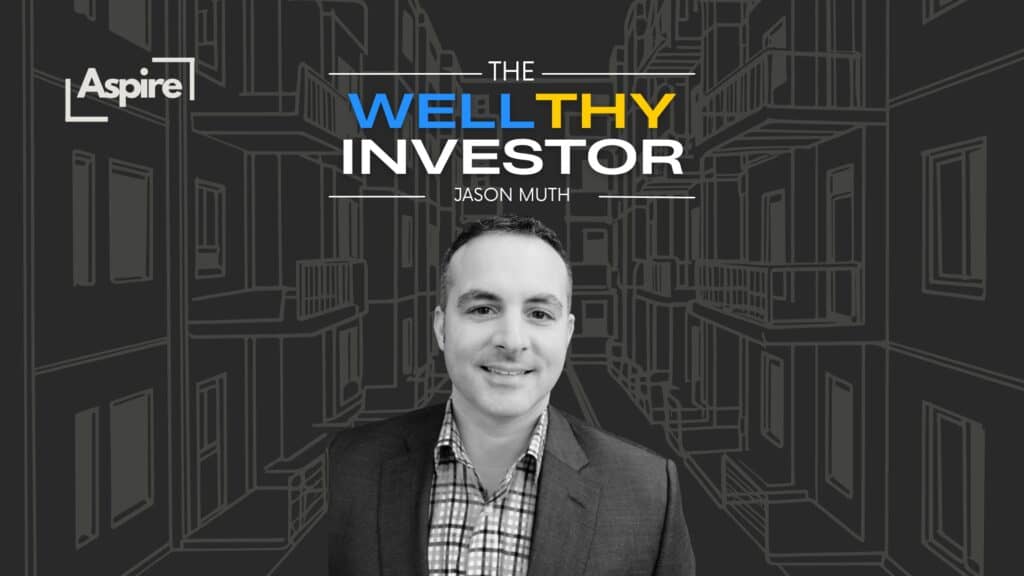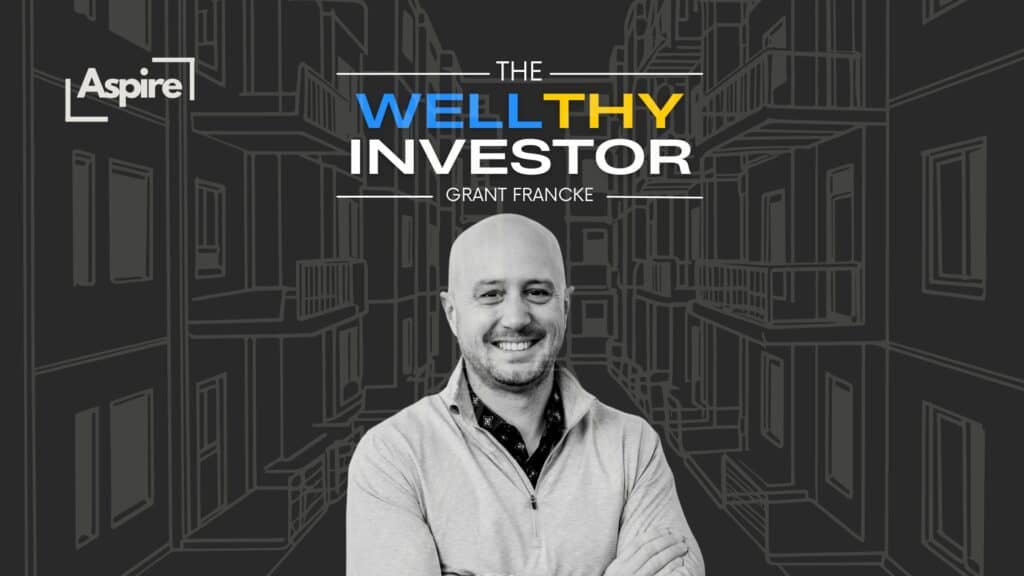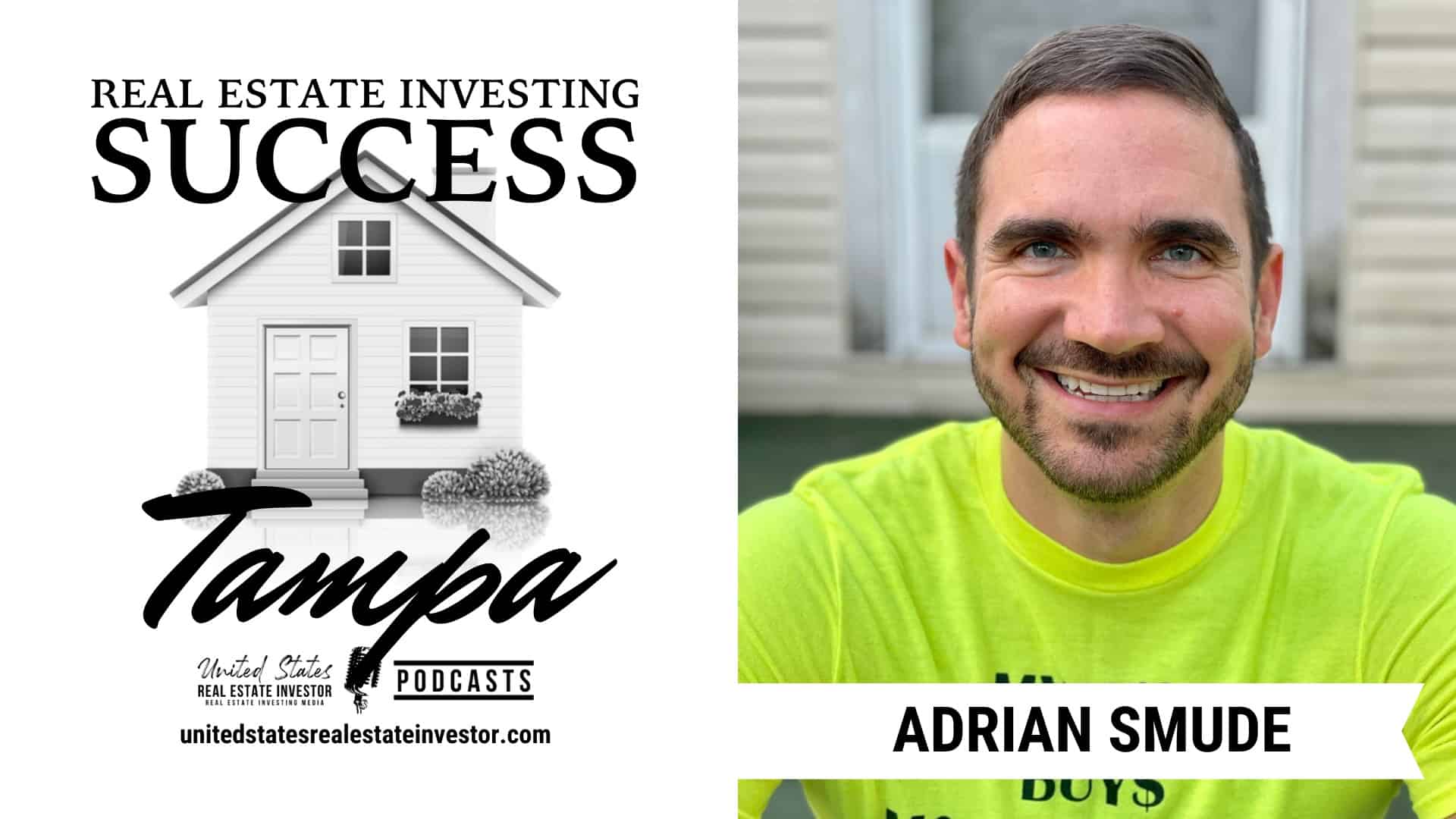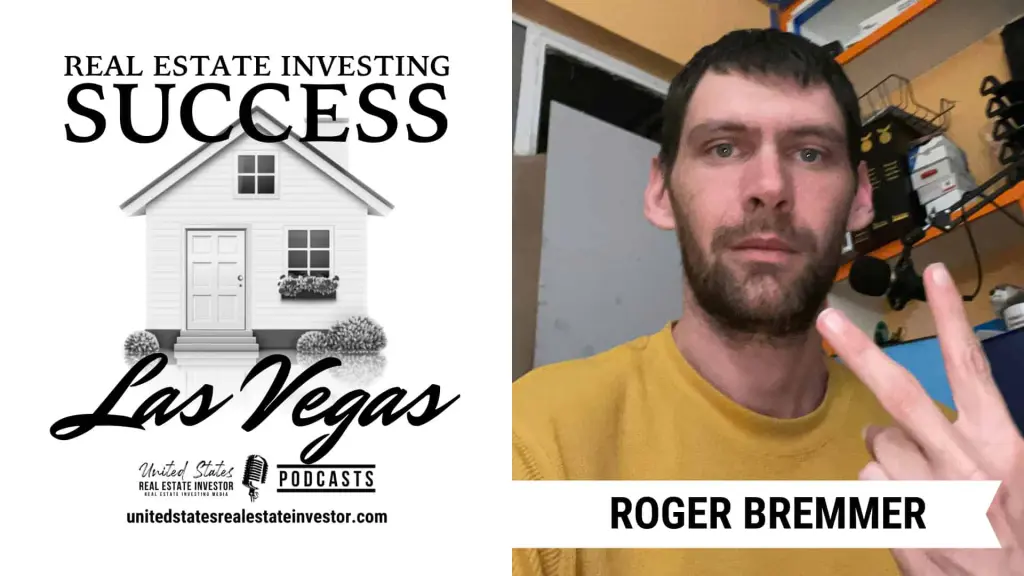
DISCLAIMER: All information contained within this article is deemed true and accurate according to the information provided by the individual or company featured in this article.
Short Sales (Great Deals Hidden In Plain Sight): Massive Real Estate Investing Opportunities You Are Missing with Massive Profits
While rehabbing 5-10 houses per year, my investments in rehabs make $50,000-$150,000 profit per house.
For ten years straight, all of my MLS listings were priced at $260K or less, and have sold in seven days or sooner at list price or higher.
I invest in real estate in both taxable entities and nontaxable entities. Some of my investments are wholesale deals (double close), with several profiting $100,000.
I believe your profit is made when you buy the house, not when you sell it. There are many strategies and methods to purchase homes.
Investors can try tax lien sales, marketing to tired landlords or free-and-clear owners, buy existing subject-to loans, buy foreclosures on the courthouse steps, and many others.
The majority of the homes I purchase are called Short Sales.
There is consistently a tremendous amount of profit to be made in these types of home purchases, including wholesale, rehab, pretty, or ugly houses.
There are very few real estate investors directly negotiating Short Sales with the bank for their investment opportunities.
I’m not referring to homes listed with a Realtor on the MLS classified as a Short Sale, but rather the real estate investor working directly with the homeowner and the bank processing/negotiating the Short Sale to buy it for their entity.
A Short Sale purchase is one where the seller of the home that you want to buy owes more money on their loan than the home’s current as-is value.
This includes the main first loan and any second or third loans plus any judgments against the seller or other liens against the house such as by the subdivision HOA.
The homeowner’s credit score is irrelevant if the house has no equity to sell it, then falling behind on payments because of employment loss or a large increase in expenses, usually related to poor health or medical bills.
After the great recession of 2009, the majority of all loans were at 3% or less down payment. In 2010, the national foreclosure rate was 5.5%, and the unemployment rate was approximately 9%.
During that time, there were over 3000 foreclosures each month in St. Louis County alone.
In February 2020, the national foreclosure rate was only 2.5% of all mortgages and the unemployment rate was about 3.5% while there are over 300 foreclosures every month in the St. Louis area.
All of these are potential Short Sales only if real estate investors would reach out to the homeowners. Every foreclosure is a Short Sale that someone failed to buy.
There is a high potential for an increasing number of Short Sales because so many homes bought by traditional buyers have bought their homes with no or very little down payment; making it quite easy for the house to become a Short Sale.
[At the time of this writing], September 2020, 7.1% of the loans are in forbearance while the unemployment rate stands at 10.1% plus.
With this information, you can see how many potential foreclosures are out there right now. A short sale is a homeowner/borrower who has missed one monthly payment; they do not have to be in foreclosure.
Often, the condition of the home has deteriorated, leaving the seller without enough money to maintain the house.
Since the dramatic occurrence of the 2020 pandemic, many sellers have lost their jobs, are left unable to pay their mortgages, and have no equity in their homes.
Banks know that when their loan is more than the value of the home, they must reduce the amount they need to pay off the loan so the buyer can purchase it or it will have to go to foreclosure.
When foreclosure happens, the bank will then own the home and have to maintain, market, and sell the house for an unknown amount of money.
This is the opportunity for the real estate investor to work with the borrower/homeowner/seller and the bank to negotiate and process the paperwork for the Short Sale process.
Check back for my next article on how to easily find these borrowers/homeowners/sellers.
See David Randolph on Ryan Pineda’s show The Wealthy Way.
No related posts.

